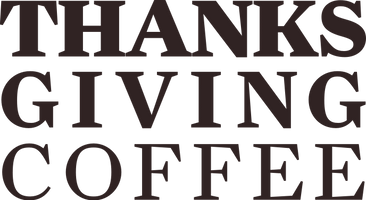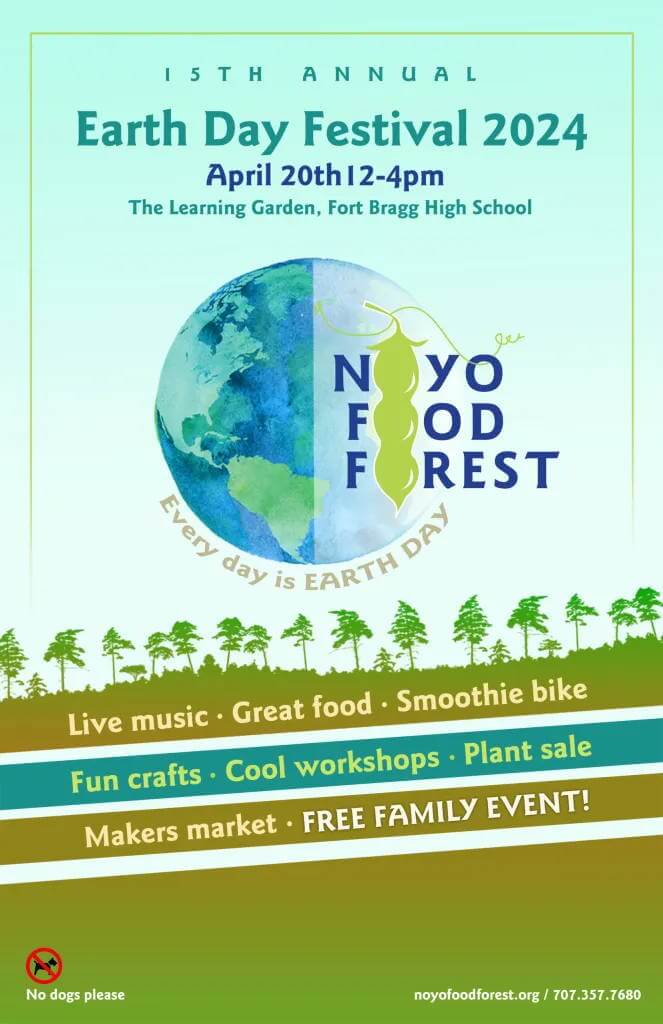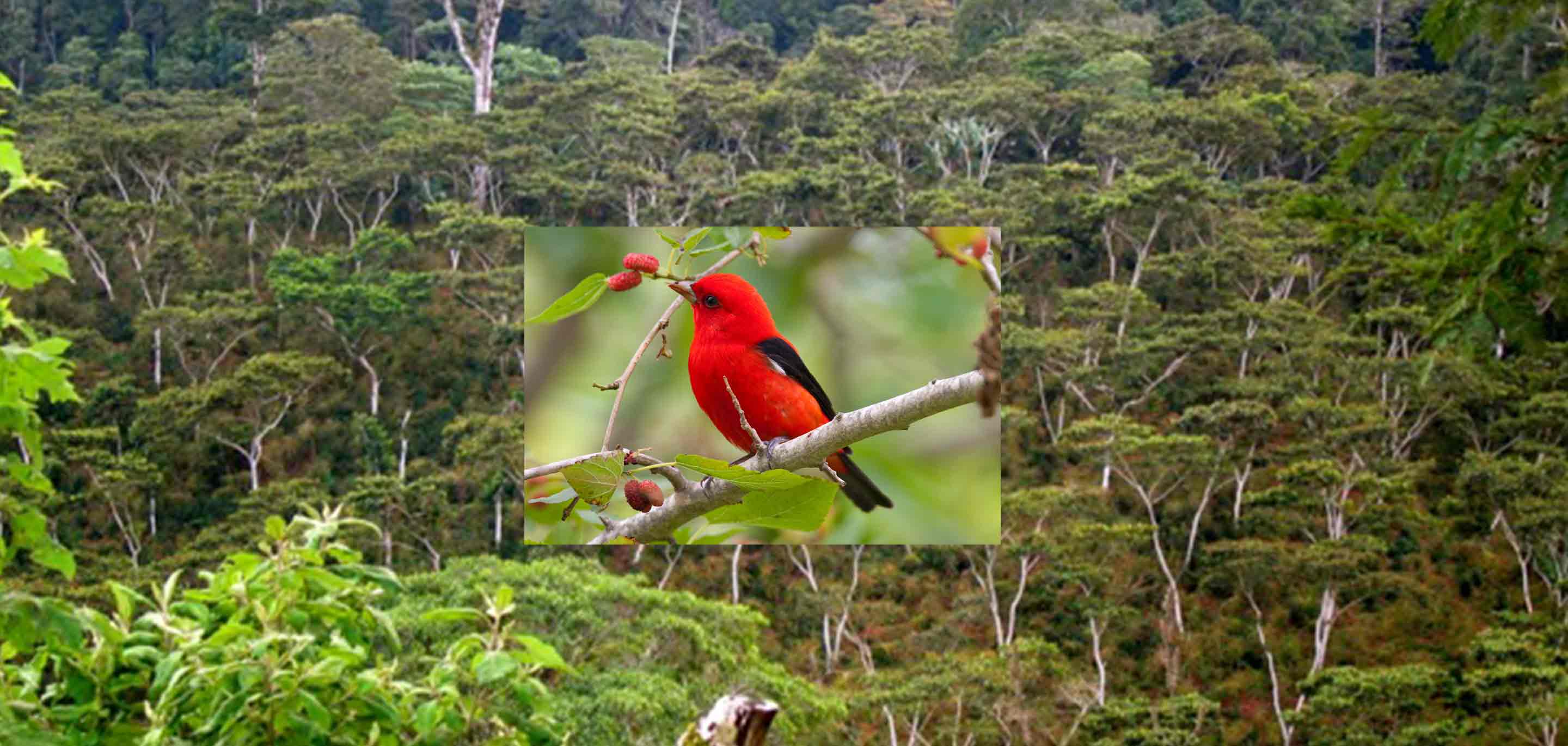Coffee from Rwanda
I was trailing off to sleep, it was a cool summer night in Mendocino. Joan’s voice came into my consciousness and broke my reverie. She was not yet ready to say good night to the day.
“Paul, I was listening to NPR today and there was this story about the poverty and the general plight on the African Continent. I think we need to begin focusing on buying coffee and supporting cooperatives in Africa like we do in Central and South America.”

Of course I agreed, and dozed off to spend some unconscious time thinking about the idea and all the effort it would take to be as bold an activist in Africa as we were then (and now) in Central America. I hoped that when I awoke in the morning my mind would have used the eight or so hours sleeping to clarify. I had no intention of just jumping into more work.
What Joan was asking was not simple but as President of Thanksgiving Coffee she did have a big voice in things such as this. We would have to pick the countries we wanted to work in, we would need to take sixteen hour flights, we would have to find communities we could work with, we would need to buy coffee in container loads to be effective. A container load is 37,500 pounds. We would have to build a demand for these new coffees or we were going to have to buy less of other coffees, which hurts the farmers we are already working with.
That morning at work, an amazing thing happened.
I received a phone call from a professor at Michigan State University. She had recently received a USAID grant to help the Rwandan Coffee industry create a market plan for their reentry into the Specialty Coffee market, specifically aiming at the United States craft coffee trade. Yes, the entire country’s coffee industry!
How serendipitous is that? One moment we are lying in bed thinking, and the next day the answer and the challenge arrives on the phone.

They asked Thanksgiving Coffee to be part of a small group of coffee experts. We would fly to Rwanda in three weeks to help a country only ten years from its genocide in 1994. A genocide that saw 900,000 Rwandans murdered by their fellow countrymen, and their entire coffee infrastructure destroyed in the process. I wanted us to be there to help, but I said to Joan after the phone conversation: “Joan, you started this last night, and your answer and opportunity came this morning so I think it is YOU who will have to fly to Rwanda in three weeks.”
And that was the beginning of our now fourteen year odyssey with the Rwandan coffee farmers.
Trips to Rwanda

On that first trip to Rwanda, I remained in Mendocino. It was a first for us; me staying home and Joan going to do the exploring and experience the adventure.
On her first day in Rwanda, she met with the Dian Fossey Gorilla Fund International Executive Director, who was interested in linking the Rwandan coffee industry with saving the last 400 Mountain Gorillas, something Dian Fossey was murdered for trying to do. Joan saw the opportunity, and said that Thanksgiving Coffee would create a marketing plan for linking Rwandan coffee to Mountain Gorillas. That is how – on DAY ONE of Joan’s first trip to Africa – Gorilla Fund Coffee was born.
When things are supposed to happen, they do.
But usually, not so fast.

Joan went to tour the gorilla habitat, trekking for hours into the Virunga National Forest and was gifted by coming upon a family of Mountain Gorillas, led by a 500 pound Silverback. In her words:
“The rain is soft, the trail slippery and muddy. We’re moving quickly, breathing hard in the thin high-altitude air. Intent young trackers radio one another, ‘We are close.’ Suddenly the Amahoro Gorilla family crosses our path. Wow! What a sight. Two young gorillas grasp the pant legs of a couple in our group before bounding off to join the adults – which included a 500 pound Silverback. I am transfixed and transformed in the presence of these gentle giants. I still can not believe I was there and it really happened.”
My own experience with the gorillas in Rwanda came a year later. I got a chance to hang out with a different family of gorillas. I sat cross-legged, facing the Silverback leader for 45 minutes exchanging grunts every so often but never allowing our eyes to meet. He had a very intriguing aroma about him. Musty, earthy, very Sumatra coffee-like. It was clean and powerful. I would recognize it anywhere. And yes, I did read the novel Ishmael about the Silverback Guru teaching a journalist about life’s questions. I sat with my Silverback thinking he might just know a lot more than me about the meaning of life. He had big Brown eyes.
I took his portrait picture and it adorned our Gorilla Fund Package until 2016 when it was removed in favor of a younger gorilla image.

Building in Rwanda
On my second trip in 2005, I met with the Director of the USAID project and we mapped out a quality improvement plan to make Rwanda coffee the best it could be. We wrote a proposal which was funded the following year. It was a plan to put a tasting laboratory at every coffee cooperative so the farmers could separate their coffees and evaluate each lot individually.
This was a great advance at the time, and it put Rwanda in the running to be one of the most advanced coffee regions in all of Africa. This project gave me the opportunity to travel the countryside and visit many growing regions and finally find the Dukunde Kawa Coffee Cooperative in Mussasa. It is the coffee we have purchased for the past 12 years and has won the reputation of being the best of Rwandan coffee for the past five years in the Cup of Excellence competitions held yearly. We use that coffee to help save the gorillas.
Gorilla Fund Coffee has raised over $100,000 for DFGFI, since we began this program in 2005. Joan and I have attended many DFGFI celebrity fundraisers given in big city venues as honored guests for Thanksgiving Coffee’s work educating coffee lovers about the Mountain Gorillas. At one event I met and had a conversation with Gloria Steinem, at another I spoke with Sigourney Weaver who played Dian Fossey in the movie Gorillas in the Mist.
Now we are partnering with DFGFI to inform the American Coffee drinkers about the plight of the Grauer’s Gorilla who is Critically Endangered in the Democratic Republic of Congo. In my youth, this area was known as “deepest, darkest Africa.” Using the same idea, we went after finding a good coffee from the Congo to represent the Grauer Gorilla, that we would create a dark roast from.

Congo coffee is new to the pantheon of craft coffees. It is a country rife with political instability and crazed rebels who wreak havoc on villages. In 2013, I turned down an invitation to visit the Congo by my long time friend Richard Hyde of Cafe Direct who was working with a group of coffee cooperatives there. He knew I could be a buyer, but I had enough coffee and the Grauer’s Gorillas that make their home in the Congo had not yet come upon the DFGFI’s radar.
Three years later, the DFGFI began to work in the Congo, and I called my friend Richard to find out where I could get the coffee that comes from the mountains where the Grauer’s Gorillas reside.

In the beginning of this journey, we realized that it was the gorillas that could help the Rwandan people. Not many Americans will go out of their way to help the Rwandan people but all Americans want to support the Mountain Gorillas. So we focused on the gorillas to build the value and demand by consumers for this coffee.
We used the Fairtrade model and certification to give money back to the Dukunde Kawo Coffee Cooperative. We created a climate change mitigation program and financed shade tree planting. We even funded a milk cow project to supply each family with whole milk and cheese for family use and for added income. Every sale of the Gorilla Fund coffee benefited not only the gorillas, but also the members of this Rwandan Coffee Cooperative called “Dukunde Kawa”, which means “Great Coffee”. We intend to follow that same model to inform the public of the Endangered Grauer’s Gorilla, and support industry in the Congo.

It isn’t easy to do this kind of work in coffee. Lot’s of collaboration needs to be built into the process. There is always the risk that too much coffee will be purchased and sales will not match up. But we do this work for other reasons. Coffee is the medium, but it is not the message. This is how we work now with the American Birding Association, to save Migratory Song Birds, with Friends of the Earth to save Pollinators, with Defenders of wildlife to save our Wolves and soon, with more partners to save our wild animals.
So join us in our efforts and purchase these coffees and together we will make a difference.
Paul Katzeff, co-founder and CEO





